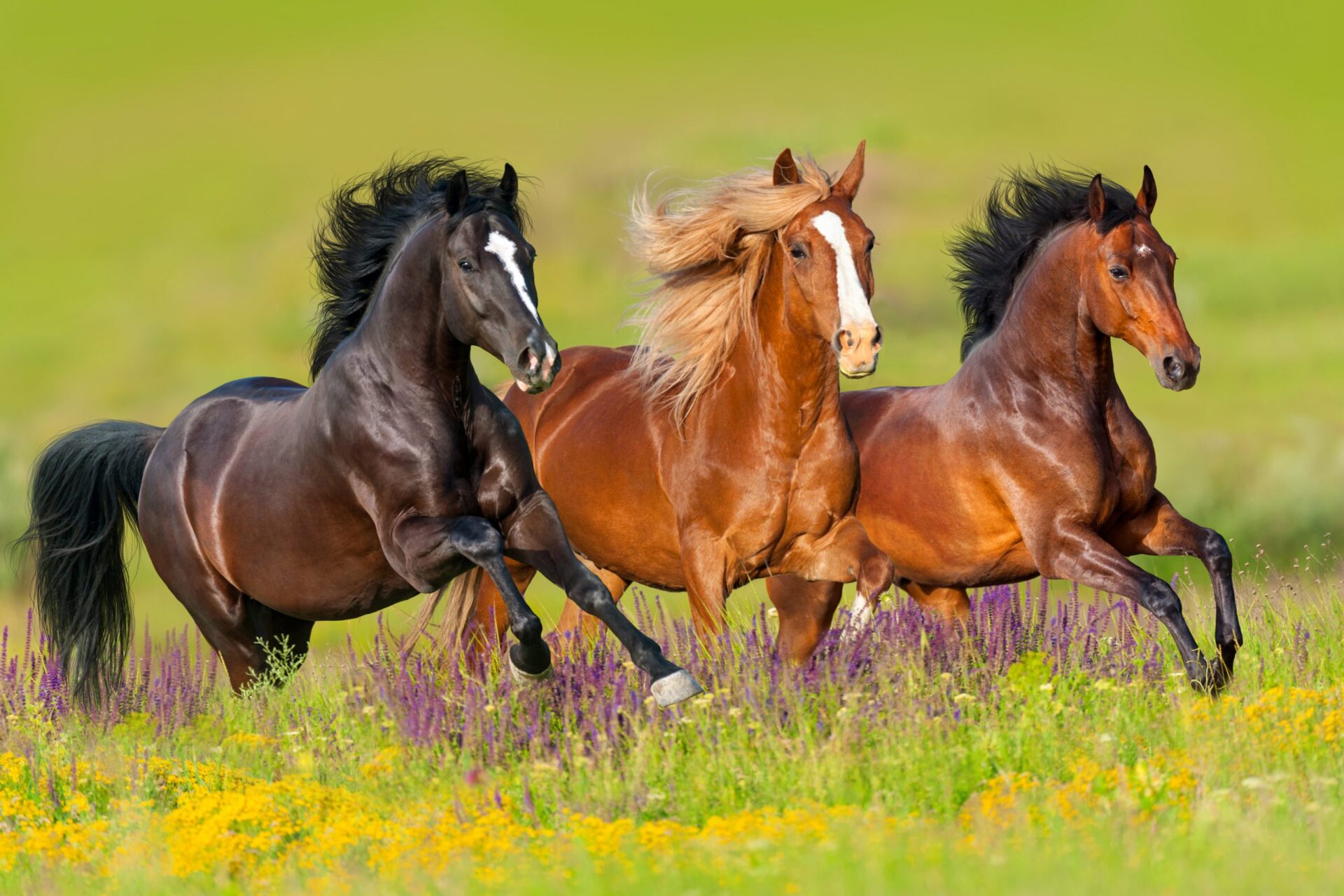Flies can be a significant nuisance for horses, causing discomfort and stress, and potentially leading to health issues. While chemical repellents are available, many horse owners prefer natural alternatives that are safer for their horses and the environment. Here’s a guide to effective Natural Fly Repellent for Horses, including ingredients, recipes, and application methods.
Common Natural Ingredients
- Apple Cider Vinegar: Known for its strong scent, apple cider vinegar can deter flies. It’s also safe for horses and can be used in sprays or mixed with feed.
- Essential Oils:
- Lavender Oil: Has a pleasant scent and repels flies effectively.
- Peppermint Oil: Strong fragrance that can help keep flies away.
- Eucalyptus Oil: Known for its insect-repelling properties.
- Garlic: Often used as a natural fly deterrent, garlic can be added to your horse’s diet. The smell can be emitted through their skin, helping to repel flies.
- Coconut Oil: Acts as a base for many natural fly sprays and has moisturizing properties that benefit the skin.
- Witch Hazel: This natural astringent can be mixed with essential oils to create an effective fly repellent spray.
DIY Natural Fly Repellent Recipes
Basic Essential Oil Fly Spray:
- Ingredients:
- 1 cup apple cider vinegar
- 1 cup water
- 10-15 drops of essential oils (like lavender, peppermint, or eucalyptus)
- Instructions:
- Combine all ingredients in a spray bottle.
- Shake well before each use.
- Spray directly onto the horse, avoiding the eyes and mouth.
Garlic and Vinegar Fly Spray:
- Ingredients:
- 1 cup apple cider vinegar
- 1 cup water
- 1 tablespoon minced garlic
- 10-15 drops of essential oils (optional)
- Instructions:
- Mix all ingredients in a spray bottle.
- Let sit for a few hours to allow the garlic to infuse.
- Strain the mixture and spray on the horse.
Application Tips
- Test for Sensitivity: Before using any new repellent, test it on a small area of the horse’s skin to check for allergic reactions.
- Apply Regularly: Natural repellents may require more frequent application than chemical alternatives, especially in hot, humid conditions.
- Avoid Sensitive Areas: Be cautious when spraying near the eyes, nostrils, and mouth. Consider using a cloth to apply the repellent in these areas.
- Combine with Other Methods: Use natural repellents in conjunction with other fly control measures, such as keeping the stable clean, using fly masks, and implementing good manure management practices.
Additional Fly Control Measures
- Stable Maintenance: Regularly clean stalls and paddocks to reduce fly breeding grounds. Remove manure and standing water.
- Fly Traps: Consider using natural fly traps, such as sticky traps or homemade traps using vinegar or sugar water.
- Environment Management: Ensure proper ventilation in barns and keep areas around the stable tidy to minimize fly attraction.
Conclusion
Natural fly repellents can be an effective and safe way to protect your horse from pesky flies while promoting their comfort and well-being. By using simple ingredients and DIY recipes, you can create effective solutions that work for your equine friends. Always combine these natural methods with proper stable management for the best results in keeping flies at bay.
